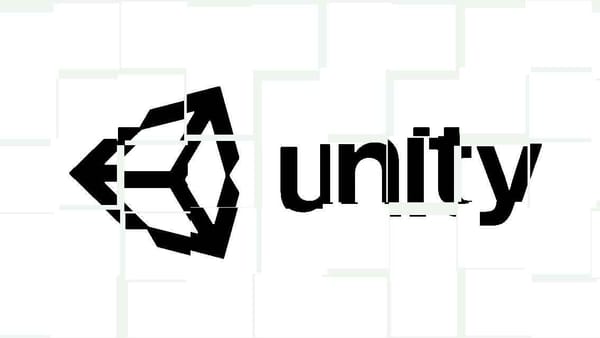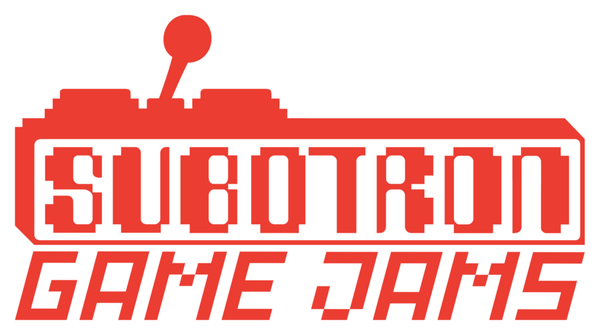Unity's Controversial Runtime Fee: A Rift in the Gaming World




Unity's recent blog post has not only introduced an unpopular runtime fee but has also strained trust with its customer base. Stephan Steininger's comment highlights the significance of this development.
It's a profound disappointment, a stark affront, and perhaps even a betrayal, as highlighted by Rami Ismail in his comments on X, formerly Twitter. The subject of our discussion today is Unity.
The recent revelation of a runtime fee for games developed using Unity has sent shockwaves reverberating through the industry, creating seismic disruptions of unprecedented magnitude. Unity isn't just another game engine; it's the engine of choice for the majority of game developers worldwide. The imposition of this runtime fee isn't just any fee, it signifies a departure from the principles that once made Unity a pioneer. It also places an onerous burden on the very studios that were pivotal to Unity's initial success – the creators of free-to-play mobile games.
Consider this: in a market where success hinges on getting as many players to install a game as possible, Unity is opting not for a share of the revenue pie, as other providers do, but rather a fee per game installation. Even if this fee is nominal, it will substantially impact the profit margins of free-to-play games, as developers and publishers must now bear the cost of installations that don't translate into revenue. Unity's pledge not to charge for re-installations, demos, or other specialized downloads provides little solace, especially given the uncertainty regarding how Unity plans to track this while maintaining privacy compliance.
As if this attack on the core business of many developers were not bad enough, downloads made before the introduction of the fee will be included in the calculation. And companies that use certain other Unity products for marketing will be given discounts or be able to charge fees.
The concerns expressed by the European Game Developers Federation (EGDF) regarding competition within the game engine sector are entirely justified, particularly given that this move follows Unity's merger with a monetization solutions provider that is now clearly linked to the engine business. This is indeed disheartening and runs counter to the values upon which Unity was originally founded by David Helgason, Nicholas Francis, and Joachim Ante. However, it is also a predictable outcome of the company's shift toward investor-oriented leadership under John Riccitiello, culminating in its IPO and, finally, of the merger with ironSource.
In all honesty, Unity's recent decisions, alongside other developments in the gaming industry, could be condensed into a book titled "Capitalism Over Idealism: When Profit Trumps Values." Especially in the fast-paced gaming sector, it should have been clear to everyone that nothing lasts forever.
But in the case of Unity, that is no longer the case. The trust is gone. Even if Riccitiello is sacked and Unity takes back the fee - neither of which will happen - larger companies may once again contemplate developing their own engines. Meanwhile, independent developers and students, often centered around Unity for educational purposes, will need to explore alternative options. Ultimately, we can only hope that the industry at large will only have to pay for their naive faith in Unity with a black eye and not with their existence.








